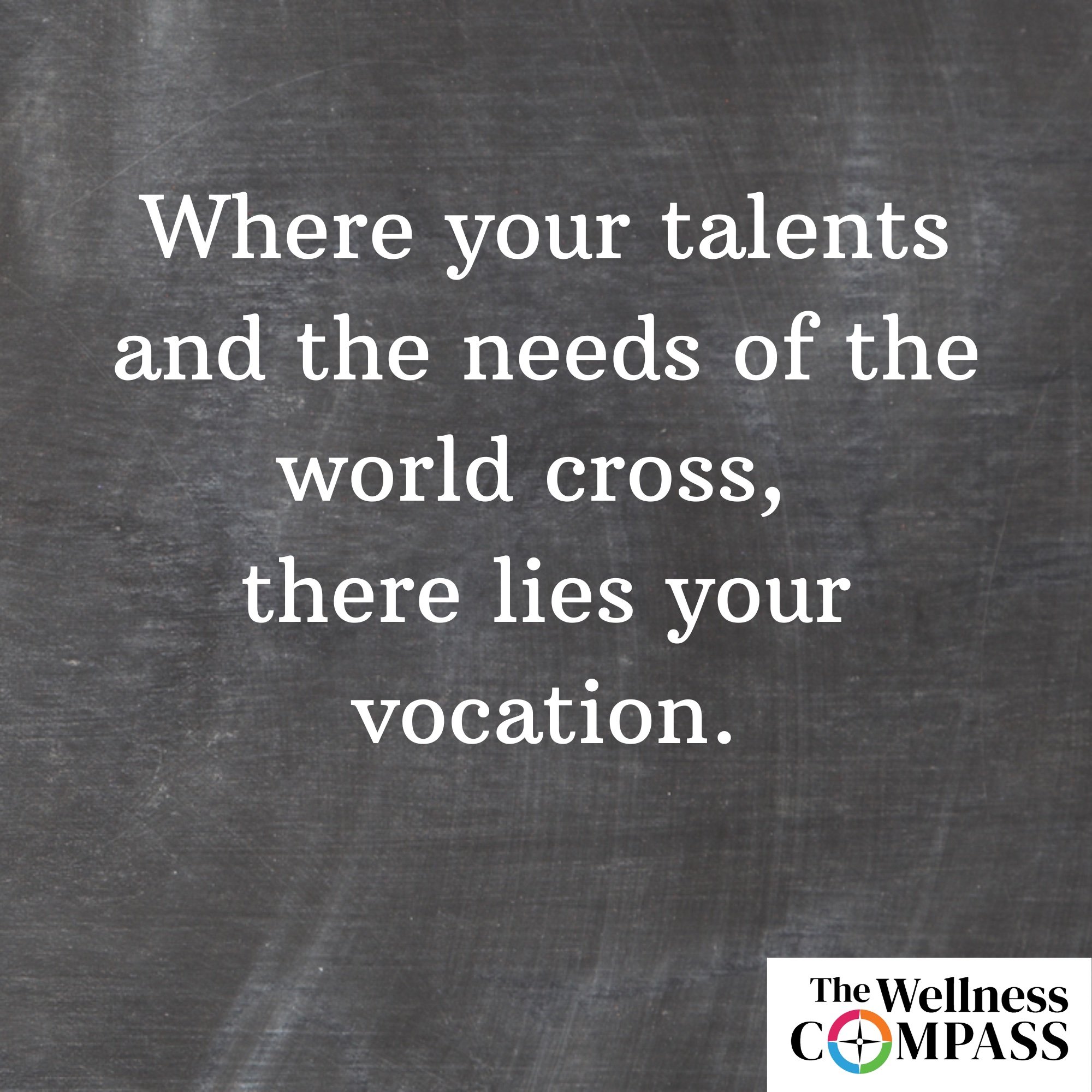Celebrating Playfulness
Imagine you have just met someone who recently moved to the United States from another part of the world, and this person has never heard of Groundhog Day, so they ask you to explain it. You begin by telling them about a little town in Pennsylvania called Punxsutawney, hoping they don't ask you how to spell it. You explain that a groundhog named Phil lives there and is reported to be immortal, now having lived 137 years.
You continue with how every year on February 2nd, Punxsutawney Phil is placed inside a simulated stump in front of a large, cheering crowd. And the moment everyone waits for is when this rodent, a cousin to the squirrel, emerges from his "stump." It is then that we find out if he sees his shadow or not. If he does, it means six more weeks of winter; if he does not, spring is just around the corner. Every news outlet has something to say about the events in Punxsutawney on Groundhog Day, and never does a groundhog receive so much attention on social media.
By this point, you and your friend are probably having a good laugh about how cold weather can get to all of us sooner or later. You both realize how winter can even make a country of otherwise rational people celebrate a winter festival centered around a groundhog predicting the weather. The point of this fun celebration is just that--it is silly for sure and gives us all a chance to be playful.
When our kids were little, we, like many parents do, used to love reading silly stories to them. The more outlandish the story, the better. When we didn't have a good book to read, we were delighted to make stories up, spinning very elaborate yarns about a fictional family called the Langerts and their crazy adventures. These stories were just as silly as the stories we heard about a groundhog this week and were just as much fun. Groundhog Day is proof that we never outgrow our love of silly stories.
There are many, many serious things going on in the world today. There is a time to be very serious about life, and most of us do "serious" pretty well. What's more challenging for many of us is remembering to make time for play and silliness.
Punxsutawney Phil made his prediction this week, and so we would like to make one of our own. If we don't make time for playfulness in our lives, we predict there may be more weeks of gray clouds ahead. However, if you can make some time for fun in your life, we predict a new spring in your step will be just around the corner.
Making It Personal:
When was the last time you did or enjoyed something playful or fun?
When was the last time you let your imagination run wild?
What's something you could do this week that would be playful?
(Today’s column focusing on the wellness area of Rest and Play is the fourth in an eight-part series that will explore the eight areas of wellness that are part of the Wellness Compass Model for Well-Being.)
To explore your own well-being in the eight areas of wellness, you may be interested in downloading our newest FREE resource, The Adult Wellness Compass Notebook. This workbook is perfect for either individual or group use, and is a tool for self-reflection, learning, and goal setting. Click HERE to download and enjoy.
Each week Holly and Scott Stoner record the Wellness Compass Podcast. Each episode is about 15 minutes and offers a deeper dive into what appears here in the written column. In this week’s episode, they expand on the topic of playfulness and wellness. You can listen to the Wellness Compass podcast in your favorite podcast app—just search for “The Wellness Compass,” and you can listen by clicking HERE and scrolling down to this week’s episode.
Subscribe Now to Weekly Words of Wellness:
Click the button below to signup for the e-mail version of Weekly Words of Wellness. This weekly article can be shared with your community electronically and/or used for group discussion.
You can unsubscribe at any time.




